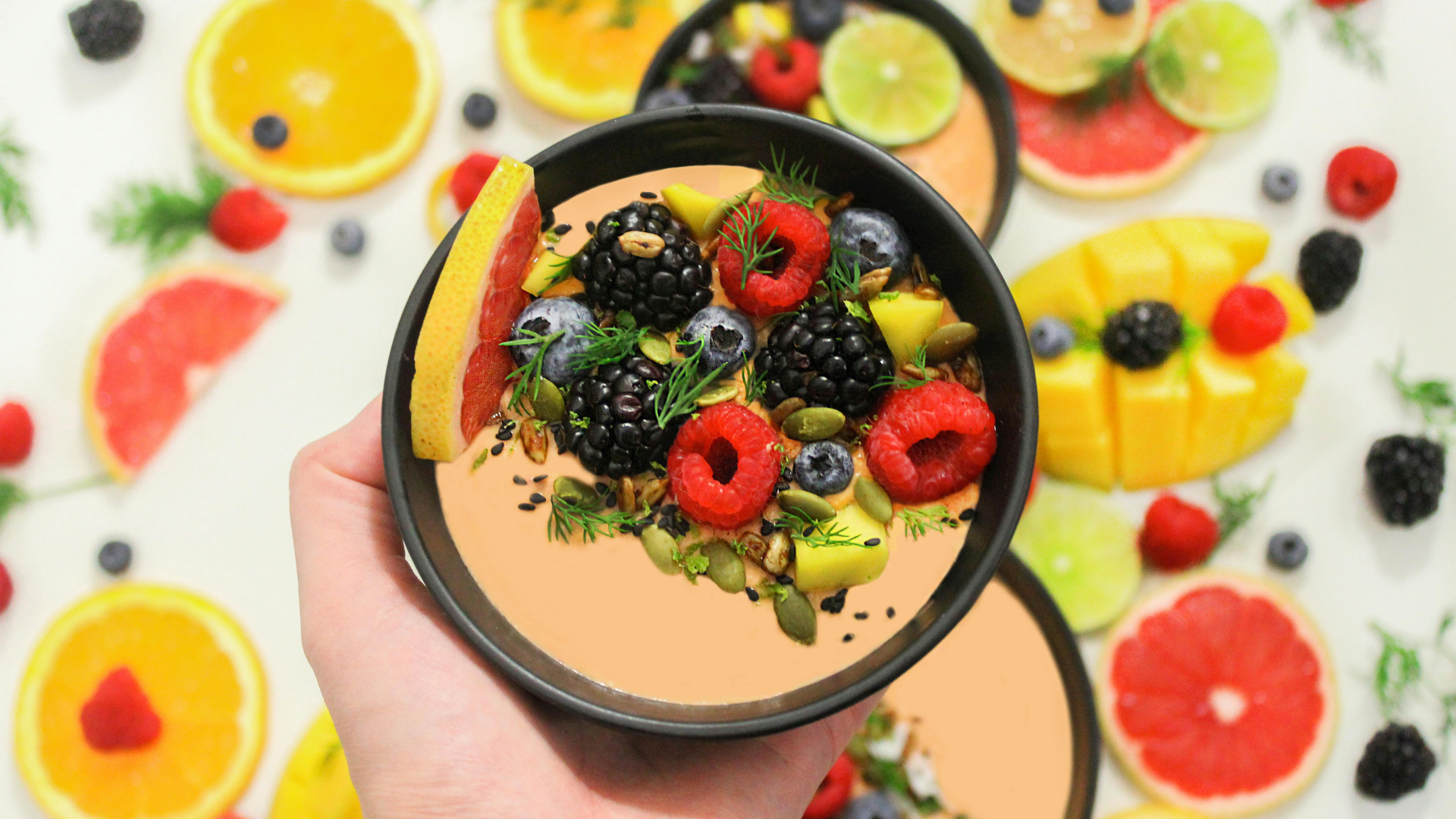Understanding Diet
Balanced Eating: The Secret to Lasting Health
Beauty standards are always evolving and they vary from culture to culture. Whether it’s the slender physiques of runway models, muscular builds, or more voluptuous shapes it all boils down to this: To fit the current beauty mould, it seems you need to either commit to a fitness routine or at least make it look like you do (shoutout to Facetune!). One idea should stay consistent: Health is the real goal.
But in a world filled with extreme diets, unhealthy body images, and non-stop social media influences, how do you know what actually is healthy for you? Let’s break it down.
Exercise Alone Isn’t Enough: Enter, Food!
Yes, hitting the gym or doing your favourite cardio workout is great for your body and mind, but the truth is, exercise isn’t the only thing that can lift your mood. To really see results in your overall well-being, what you eat (and how much of it) plays an equally important role.
Think of your diet and exercise as a power couple—they work best when they’re together. That’s why you should focus on balanced eating habits that make you feel good inside and out.
Why a Balanced Diet Matters
A well-balanced diet isn’t just about cutting out carbs or eating salads every day. It’s about variety and portion control—listening to what your body needs. In short, happy belly, happy mind!
Ever had a giant bowl of pasta and found yourself reaching for more? Soon after, you feel sleepy, bloated and just downright sluggish. That’s your body’s way of saying, “Hey, I needed some balance in there!”
Here’s what a balanced plate looks like:
The 5 Food Groups You Should Be Eating:
- Fats: Avocados, salmon, or other fatty fish.
- Proteins: Lean meats, legumes, beans.
- Carbohydrates or Starchy Foods: Think pasta, rice, or sweet potatoes.
- Fruits & Vegetables: Broccoli, spinach, blueberries, apples.
- Dairy: Milk, yoghurt, or dairy alternatives if needed.
Tip: Adjust your portions based on your goals—generally, you need less carbs and more protein on your plate.
Unhealthy Eating: The Dangers Lurking Behind Quick Fixes
We’ve all heard of the quick-fix diets that promise miracle results, but unhealthy eating patterns—whether it’s overeating, undereating, or skipping meals altogether—can wreak havoc on both your body and mind.
Common Unhealthy Eating Habits:
- Binge eating or overeating.
- Excessive sweets and junk food.
- Skipping fruits and veggies.
- Skipping meals or extreme calorie restrictions.
- Vomiting or taking appetite-suppressant pills.
Unhealthy eating behaviours don’t just affect your waistline; they can cause serious physical and mental health issues. So, it’s essential to focus on consistent and balanced nutrition—from childhood into adulthood.
The Consequences of Poor Eating Habits:
- Extreme weight gain or loss.
- Constant mood swings.
- Increased anxiety and depression.
- Digestive issues.
- Weak bones, muscles, and joints.
- Higher risk of diseases like heart disease or diabetes.
Healthy Eating Habits: The Key to Feeling and Looking Your Best
Let’s flip the script! Instead of stressing over society’s ideals, focus on feeling your best—because when you feel amazing, you’ll start to look amazing too.
A balanced diet filled with nutrients will do more than help you shed a few pounds; it’ll transform your mental and physical health in ways you never imagined.
A good cognitive shortcut to determine if a food is too processed to be healthy, is to check the number of ingredients and whether you recognize them. Here’s how it works:
5-Ingredient Rule: If a food has more than five ingredients, especially ones that you can’t easily recognise or pronounce, it’s likely to be very processed.
Look for whole foods: The fewer ingredients they contain and the more recognisable they are (e.g., fruits, vegetables, grains, nuts) the healthier it is.
Avoid artificial additives: If the ingredients include artificial flavours, colours, preservatives or a lot of added sugars or fats, it’s a sign the food is more processed.
This quick check can help you distinguish between minimally processed, healthier options and highly processed foods that may not support a healthy diet.
The Perks of Positive Eating Habits:
- Happier moods and lower stress levels.
- Better concentration and memory.
- A happy, healthy gut.
- Stronger bones, muscles, and joints.
- Long-term disease prevention.
So, the goal isn’t just to look great, it’s to feel great too. It’s not about crash diets or endless hours at the gym. It’s about finding balance, eating the foods that fuel your body and giving yourself the time to enjoy life in a body you’ll love.
Final Thoughts: Visit a Pro for Tailored Advice
If you’re feeling overwhelmed by conflicting diet advice, don’t hesitate to reach out to a licensed dietitian, nutritionist, or healthcare professional. They can provide tailored advice to fit your body’s unique needs and goals.
So, let’s leave behind the stress of keeping up with changing beauty standards and start focusing on what really matters: Your health, happiness, and feeling your absolute best!


